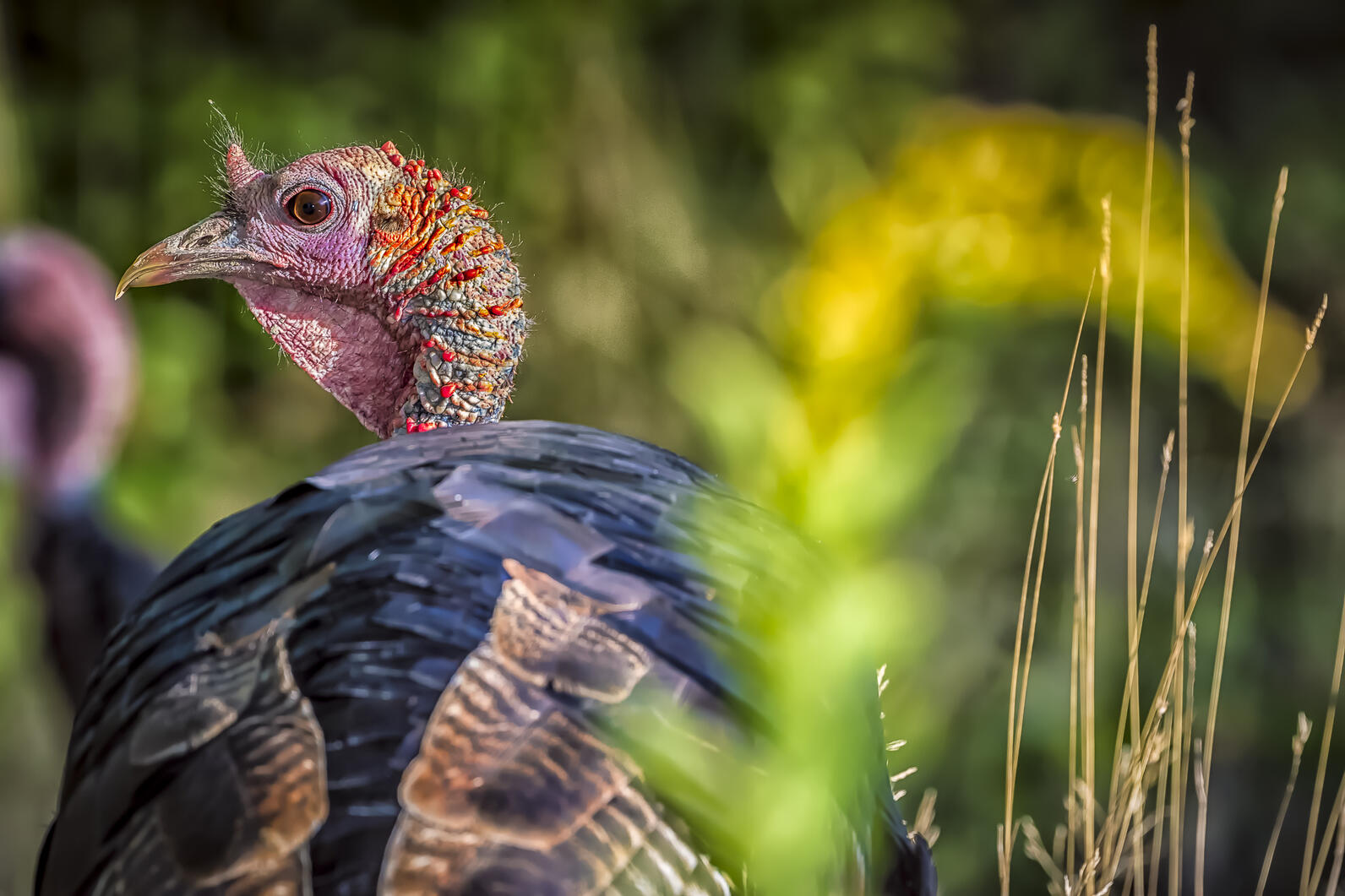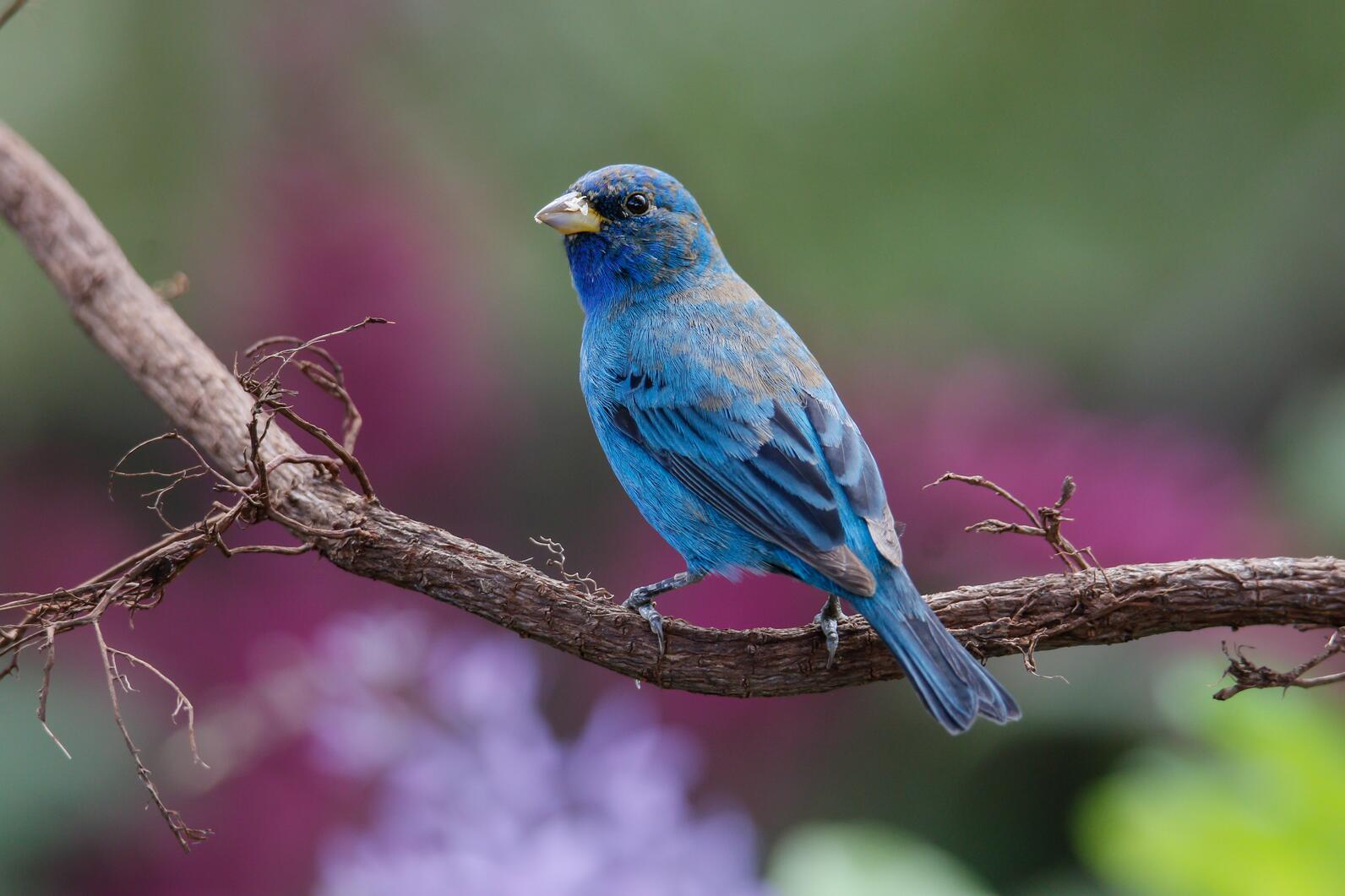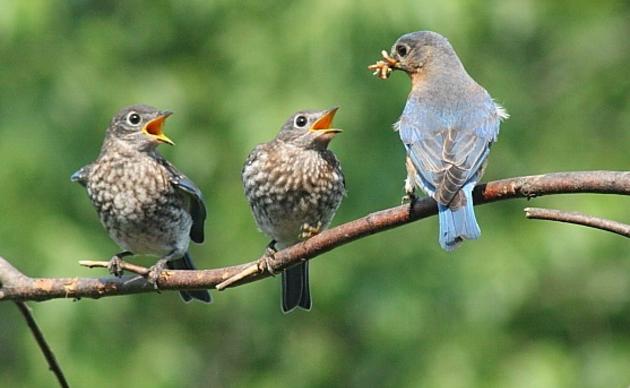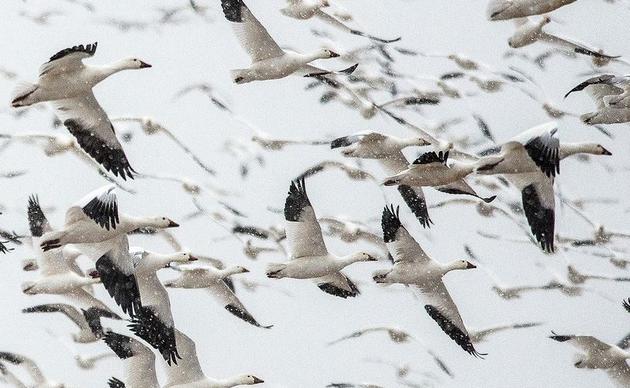After the owners of Mapleland Farms in Salem, NY, stopped using their pasture lands for grazing and chose not to have the area reseeded, a transformation took place.
“Now, those sections are starting to get a little brushy around the edges. We even deferred mowing in the hayfields last year as part of a program with USDA, and a family of Ruffed Grouse successfully nested in one of the brush lots. We hadn't seen them in our neighborhood for many years, so it was nice to see them come back,” says Mary Jeanne Packer, national sales manager for the farm.
Mapleland Farms is one of the first Audubon-certified Bird-Friendly Maple producers in New York State. Owned by two brothers -- David and Terry Campbell -- who have worked on the same land their entire lives, it was originally a dairy farm.
The Campbell brothers began maple production on the land 50 years ago this year. In 2005, they sold their dairy herd and began working on making maple products full-time, tapping over 19,000+ trees. This change led to a willingness to invest in sustainable woodland management, since a healthy forest is crucial for the longevity of the sugarbush and the business that depends on it.
“I understand that there are native birds that also appreciate our management; and of course, one of our favorites here is the Wild Turkey. That is a species that did not exist here when I was a kid," says Mary Jeanne. "The only reason Wild Turkeys have returned to our sugarbush is because we’ve diversified our management. It is certainly heartwarming to see the reintroduction of a species because of our efforts."

For Mapleland Farms, participating in Audubon New York's Bird-Friendly Maple certification program is also a business proposition. Mary Jeanne explains, “We believe that the Bird-Friendly Maple brand can be effective in differentiating what we make in the crowded marketplace of maple syrup. You can buy syrup from any mass-produced brand, but the way that the sugarbushes are managed can be very different. So, we are always looking for upscale partnerships – figuring that the people who understand the values of New York Audubon are also people who understand premium products and the care with which the landscape is managed and may choose to use our syrup over another brand.”
“Last summer the staff at Mapleland Farms saw an Indigo Bunting which was pretty exciting, and we’ve seen Cerulean Warblers. We like the bright colors and neotropical birds, and we like it when we can see one instead of just hearing one," says Mary Jeanne. "Our personal favorite bird is either a Wood Duck or a Bluebird. I know neither of them are dependent on maple forest habitat to nest or migrate, but we don’t work in the woods while the songbirds are working in the woods. They are still on vacation when we are out tapping trees and checking sap lines. Their return to the north is bittersweet because it signifies the end of sugaring season for our farm.”

"We always left a few tall trees because we loved seeing the hawks. When you are in the fields and look up, you can see the hawks on the snags. We’re only a quarter of a mile from Cossayuna Lake, so Osprey and Bald Eagles don't think anything of coming up here from the lake to sit in one of those snags and watch things go by in the fields below. Sometimes we'll even see a Belted Kingfisher from Cossayuna Lake drop in to check on the fish at the pond."
When Audubon's Bird-Friendly Maple program staff visited, they assessed the property to determine which birds were currently using it to nest and rest during migration, and suggested options for Mapleland to enhance their forest management practices. Mary Jeanne says that the biggest hurdle for a maple producer is "vertical diversity" – meaning ensuring their forest has trees of differing heights.
"We like seeing the hawks, so we are leaving the big ones," she says, "and we know the forest floor needs some stuff on it, but we don’t have a lot of midstory. It is tempting to cut what is in your way when you are running sap lines, so we are trying to be a little more thoughtful."
Find more about Mapleland Farms on their website, Instagram, and Facebook.










